The Malta Gaming Authority’s licensing framework dates back to 2001, meaning it has been in operation for almost two decades and has become a global benchmark for safe and regulated online gambling. The island seems like an unlikely suspect as Malta is an island with a population of 600,000, and its landmass is smaller than that of most large cities. Notably, the small Mediterranean nation has become one of the leading global licensing authorities in the iGaming sector.
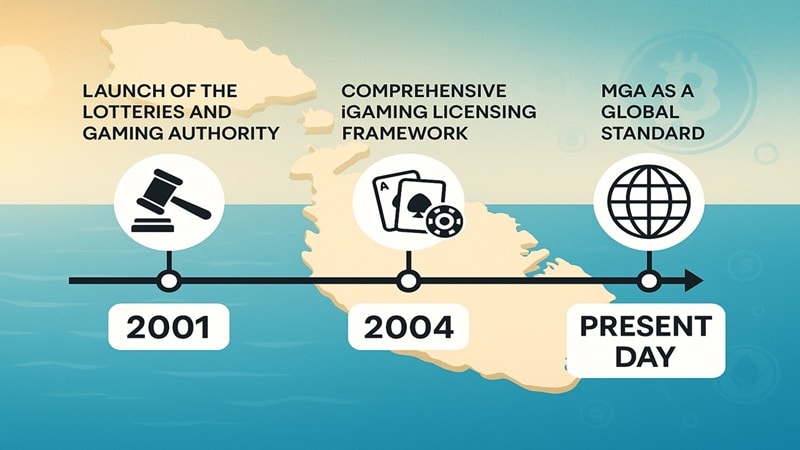
Table of Contents
Interesting Fact: That being said, Malta is also one of the leading countries in finance, fintech, and cryptocurrency, despite the fact that most traditional gaming authorities’ online casinos do not accept cryptocurrency. It’s no wonder the country attracts some of the most trustworthy and biggest online casino brands, including London Stock Exchange-listed Evoke, which runs 888 Casino and 21 Casino.
The Early Days
In 2001, few countries were taking online gambling regulations seriously. We had the likes of Costa Rica, which, let’s be honest, never took licensing as seriously as Malta did. Yet, it seems the lawmakers in Malta saw an opportunity and established their Lotteries and Gaming Authority (LGA), which oversees both land-based casino and iGaming licensing frameworks.
At this time, gaming was in its infancy, with just a handful of online casinos, sports betting sites, and online poker sites, such as William Hill, PokerStars, Ladbrokes, and the infamous Full Tilt Poker.
But 2024, Malta created laws that allowed it to release a comprehensive licensing framework, unlike the patchwork approaches that had been developed elsewhere. Malta’s structure encompasses operators, software providers, and consumer protections within a single system. This made Malta the first EU member state to formally release an iGaming regulatory authority, laying the foundation for what would later become the MGA.
MGA Timeline
The Early Days
In 2001, few countries were taking online gambling regulations seriously. We had the likes of Costa Rica, which, let’s be honest, never took licensing as seriously as Malta did. Yet, it seems the lawmakers in Malta saw an opportunity and established their Lotteries and Gaming Authority (LGA), which oversees both land-based casino and iGaming licensing frameworks.
At this time, gaming was in its infancy, with just a handful of online casinos, sports betting sites, and online poker sites, such as William Hill, PokerStars, Ladbrokes, and the infamous Full Tilt Poker.
But 2024, Malta created laws that allowed it to release a comprehensive licensing framework, unlike the patchwork approaches that had been developed elsewhere. Malta’s structure encompasses operators, software providers, and consumer protections within a single system. This made Malta the first EU member state to formally release an iGaming regulatory authority, laying the foundation for what would later become the MGA.
2015 Rebrand and Rise Into The Malta Gaming Authority
After the early success of the Lotteries and Gaming Authority (LGA), Malta’s reputation as an online gambling regulatory body for the Global market was fully established.
In 2015, the LGA rebranded as the Malta Gaming Authority (MGA) with the aim of reflecting its global influence and that it was now a major international player when it came to offering a stable, trustworthy, and reputable licensing framework players could rely on
Malta became the Go-to Authority For Online Gambling collaboration. The UK released its UKGC licensing authority under the Gambling Act of 2005, while Italy soon followed in 2011, with Malta already leading in authority in online casino, sportsbook and poker licensing.
Building a Gaming Hub
I took a quick look at how many operators are listed on the Malta Gaming Authority, and currently, it has around 350 gambling companies licensed under its framework, which is pretty impressive
The question is, how has Malta remained relevant in the global online gambling market for so long, despite the rise of domestic licensing frameworks? and continuing its efforts to deliver a global online gambling licensing framework?
The answers I can put into a short list:
- Anti-Money Laundering
- Responsible Gambling
- Financial Solvency Rules
- B2b Licensing For Software Providers
- B2c Licensing For Operators
- Game Fairness Checks
Thanks to its stringent rules covering some of the most important aspects of managing a global online gambling Market, the country’s MGA licensing system contributes around 12% of its GDP, and its Workforce within the industry employs over 10,000 people. A pro-business tax regime was also in place, along with robust infrastructure.
As a result, the country has successfully beaten the odds and become a launch pad for Global operators looking for a credible base to launch their online gambling operations.
A Symbol of Trust for Operators and Players
In my opinion, not only is it impressive that the MGA has attracted large corporate operators within the online gambling industry, but it has also become a symbol of trust for players.
I’ll pass the pain in the eye gaming industry a long time, not just as a journalist and a reviewer but as a player and I remember back in the day, the Malta Gaming Authority being the gold standard of licensing when I was looking for an online casino to play out at the same time the MGA casinos would also have an eCogra seal of approval.
International Policy and Player Protection
History also shaped the MGA’s focus on consumer protection. From the start, rules on anti-money laundering, responsible gambling, and financial solvency were baked into the framework. Over time, these measures became exported best practices, influencing regulators across Europe and North America.
Because MGA licensing certificates are widely accepted, the authority now plays a role in cross-border disputes and policy consultations. Its standing as a neutral mediator underscores just how far the regulator has come since its modest beginnings in 2001.
Innovation and the Future
The MGA has also demonstrated its ability to evolve with the industry. From launching a blockchain sandbox in 2019 to monitoring developments in AI and VR gambling, the authority continues to adapt. Just as it foresaw the internet gambling boom in 2001, it now positions itself as a regulator ready for the next wave of innovation.
Summing Up MGA’s Historical Rise Into a Modern Licensing Powerhouse
The Malta Gaming Authority’s story is one of foresight, adaptation, and global influence. What began as the LGA in a country smaller than some cities has become the gold standard in online gambling regulation. As the industry grows and diversifies, the MGA’s history suggests it will continue to shape the rules of the game, not just in Malta, but worldwide.
Want to know what Malta Gaming Authority online casinos have to offer players? Take a look at our MGA Casinos page for a list of 10 online casinos. You’ll find platforms that accept players from all over the world, including Ireland, Canada, New Zealand, South Africa and India.

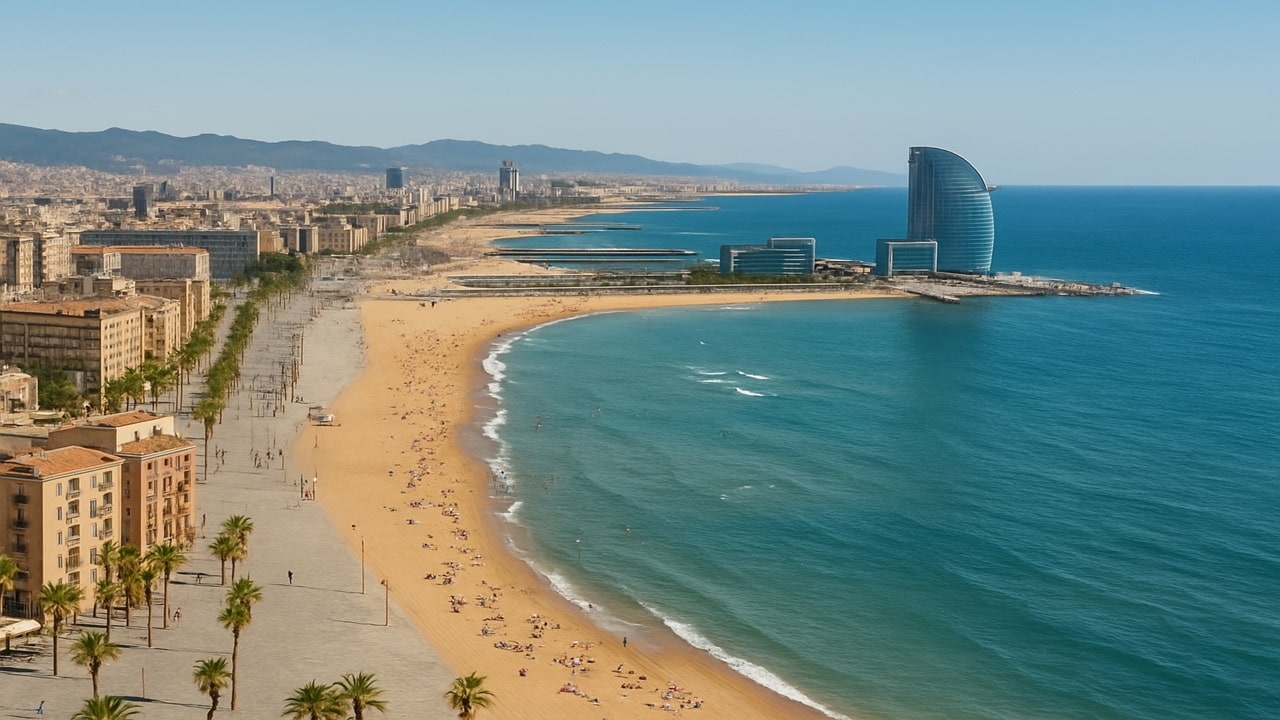
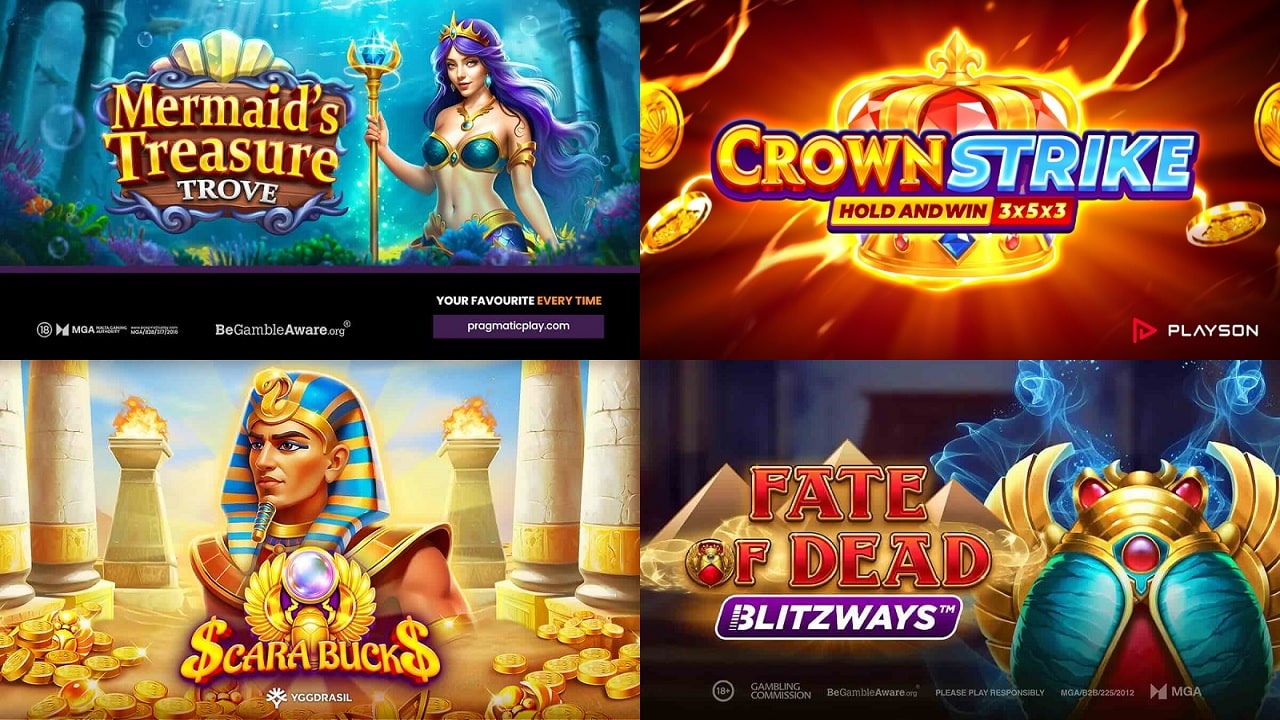
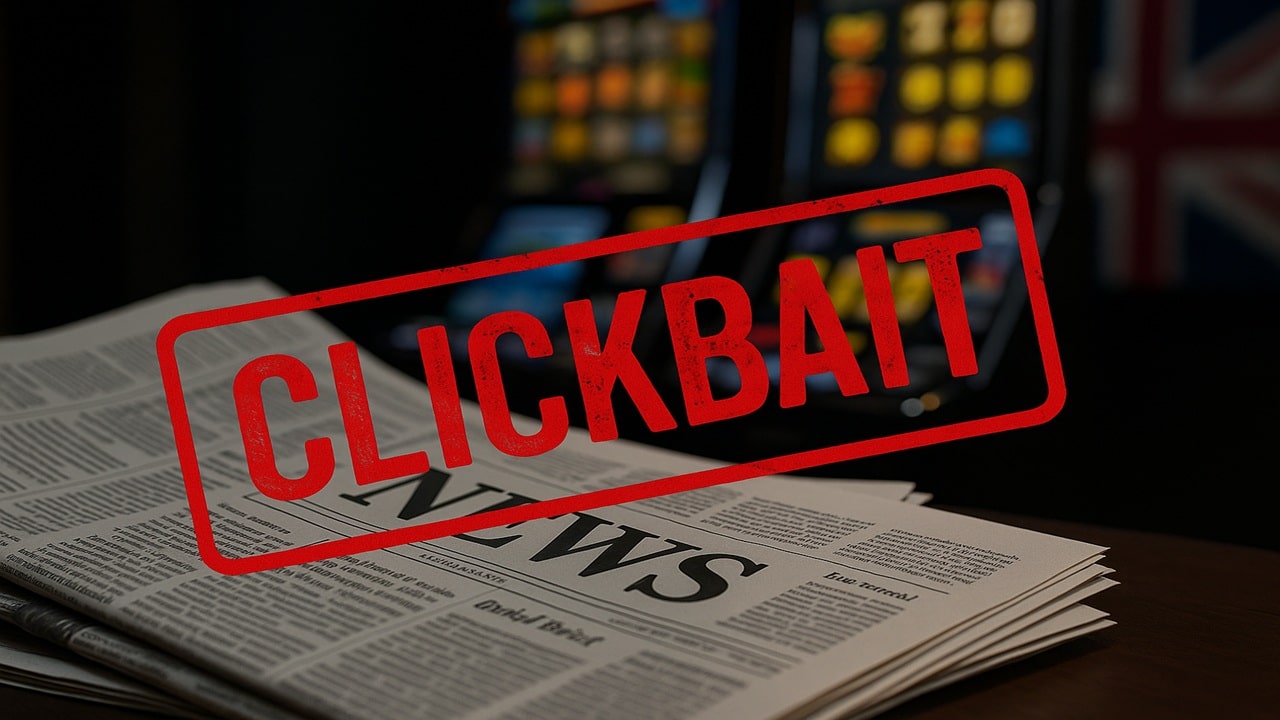

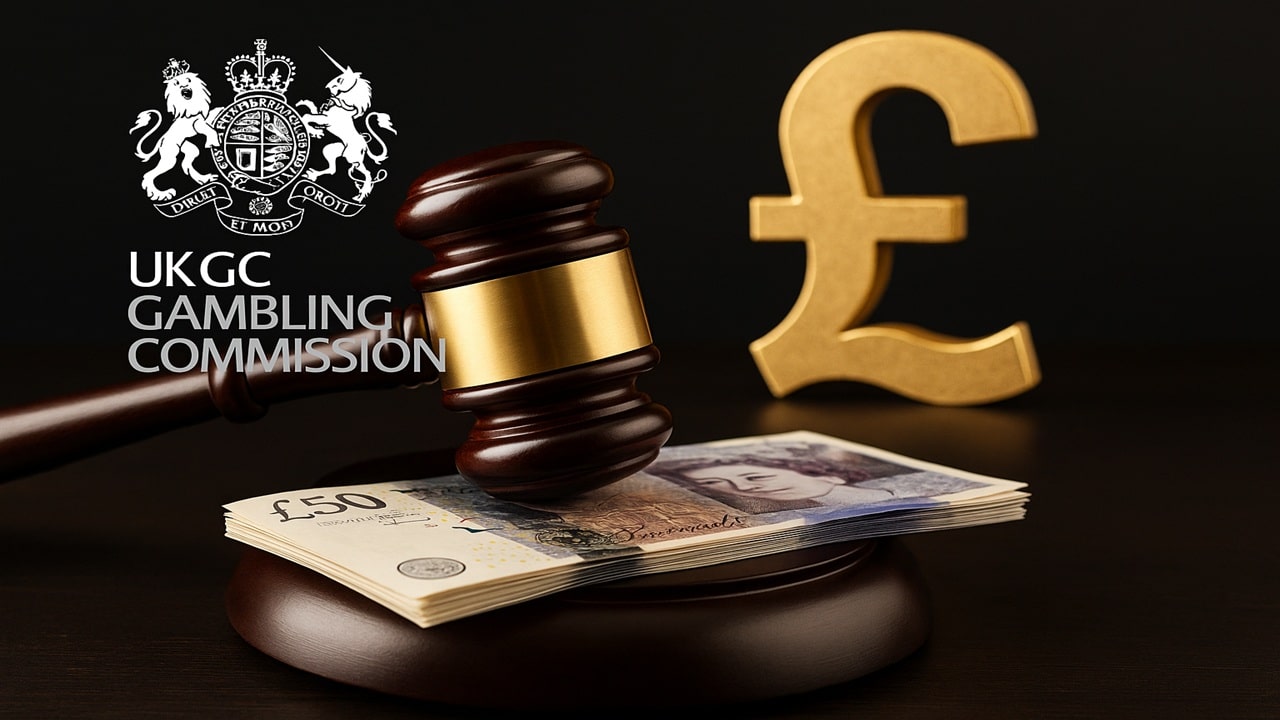
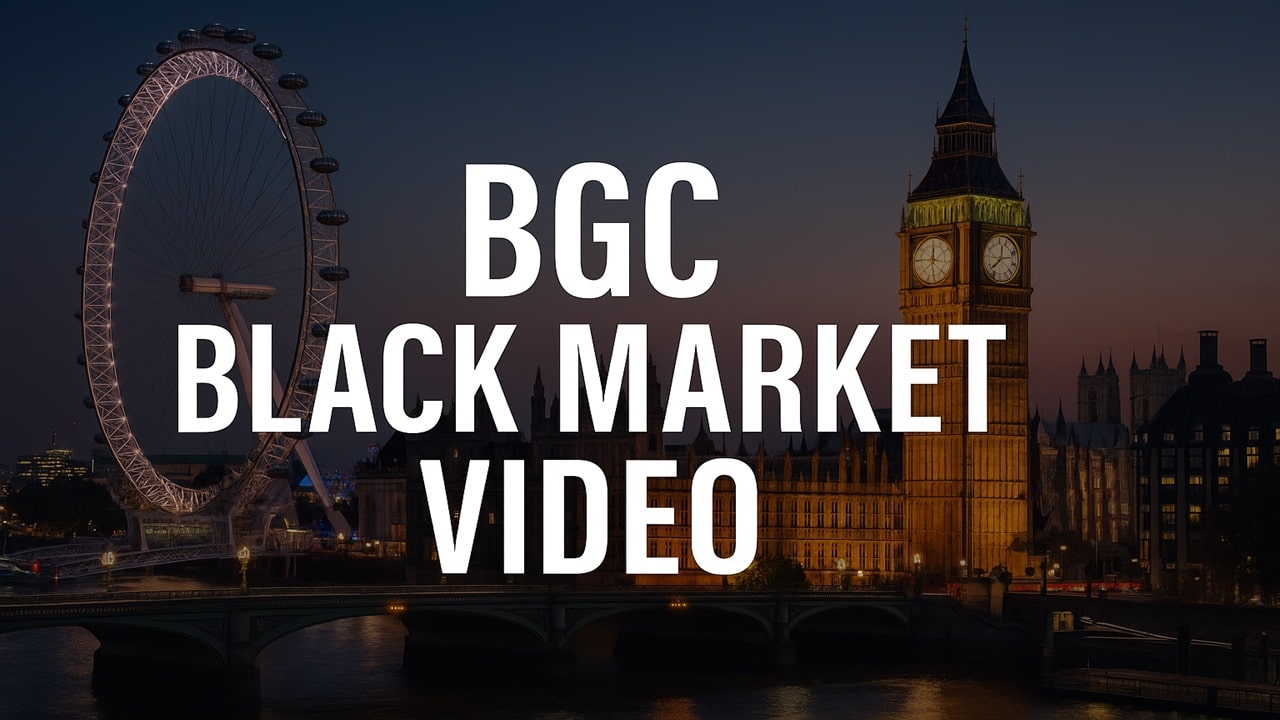
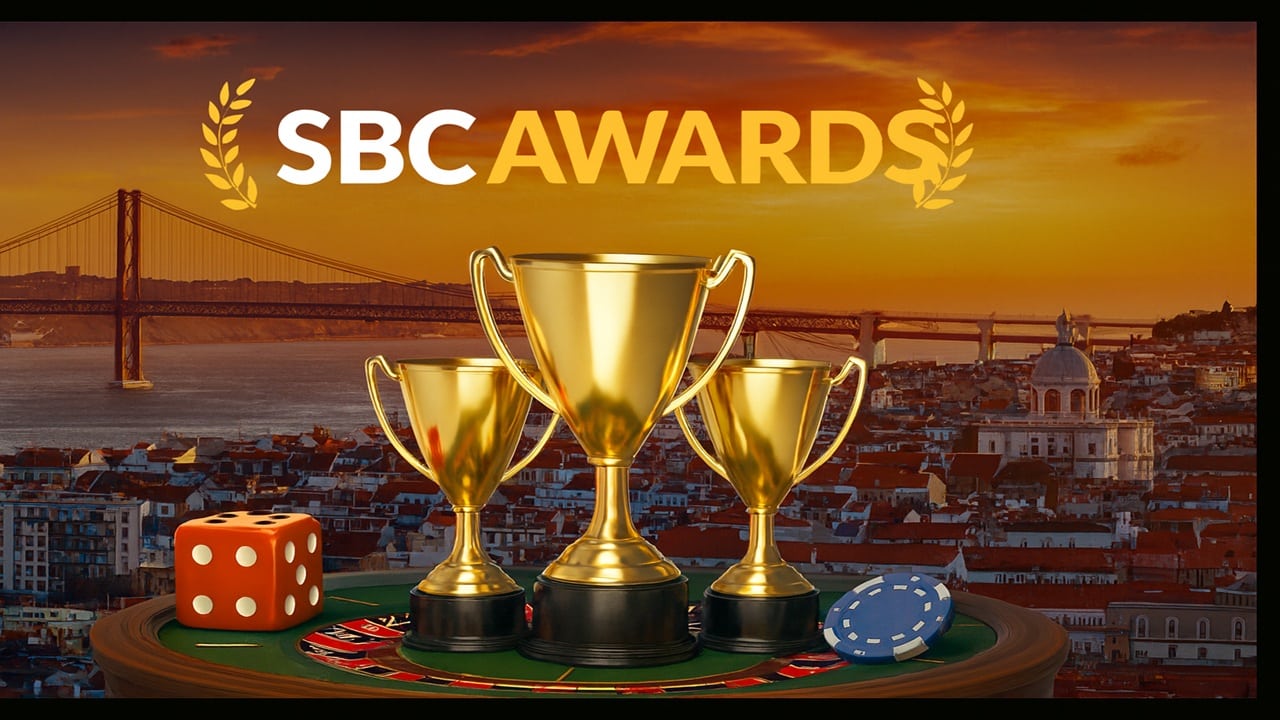

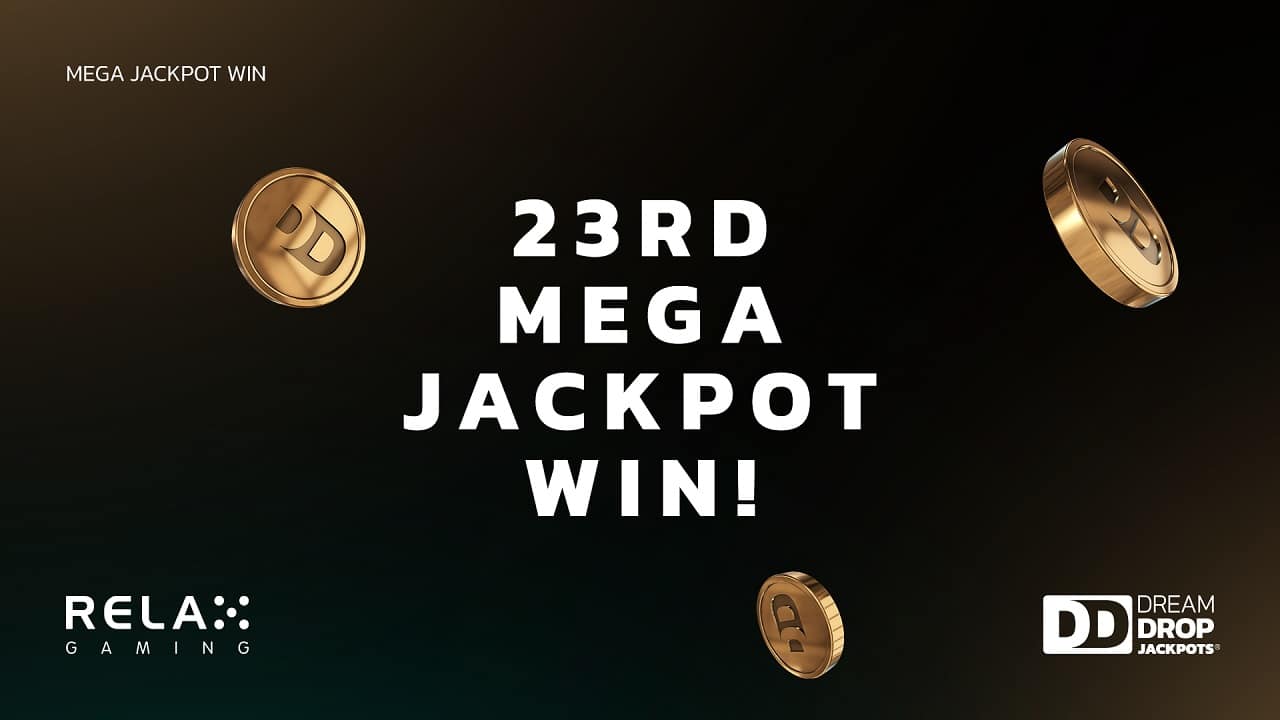

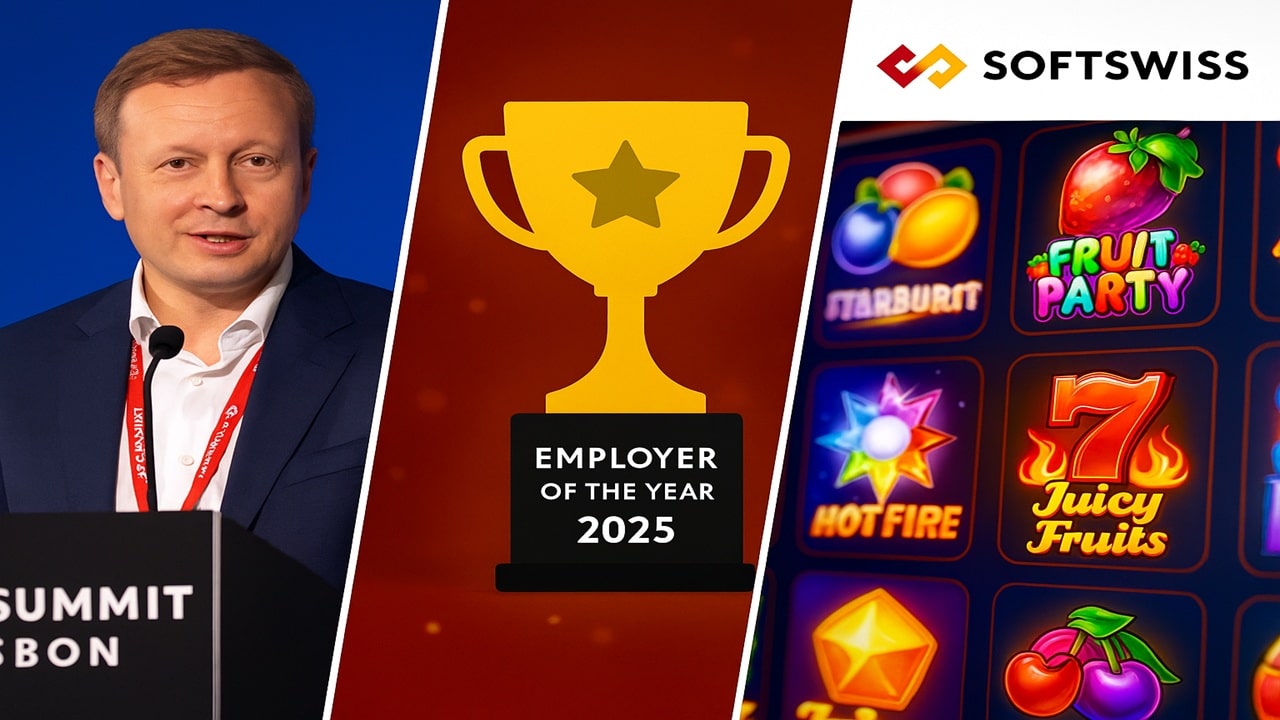
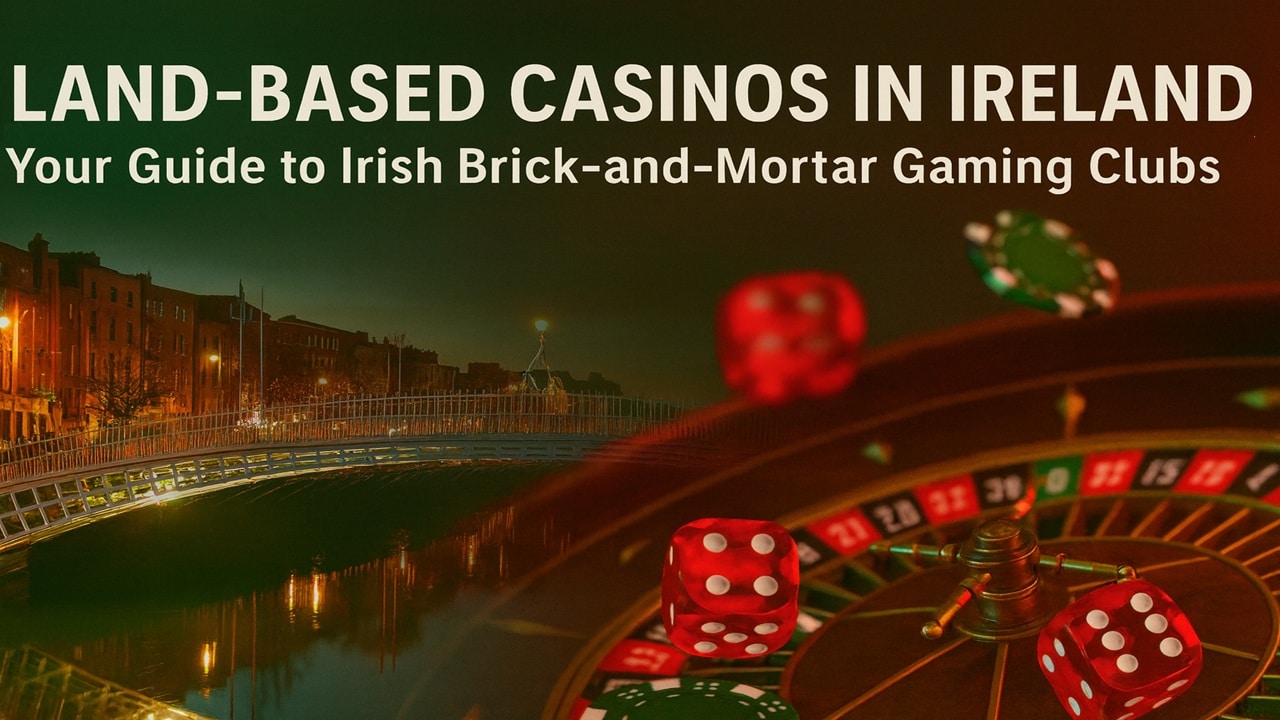



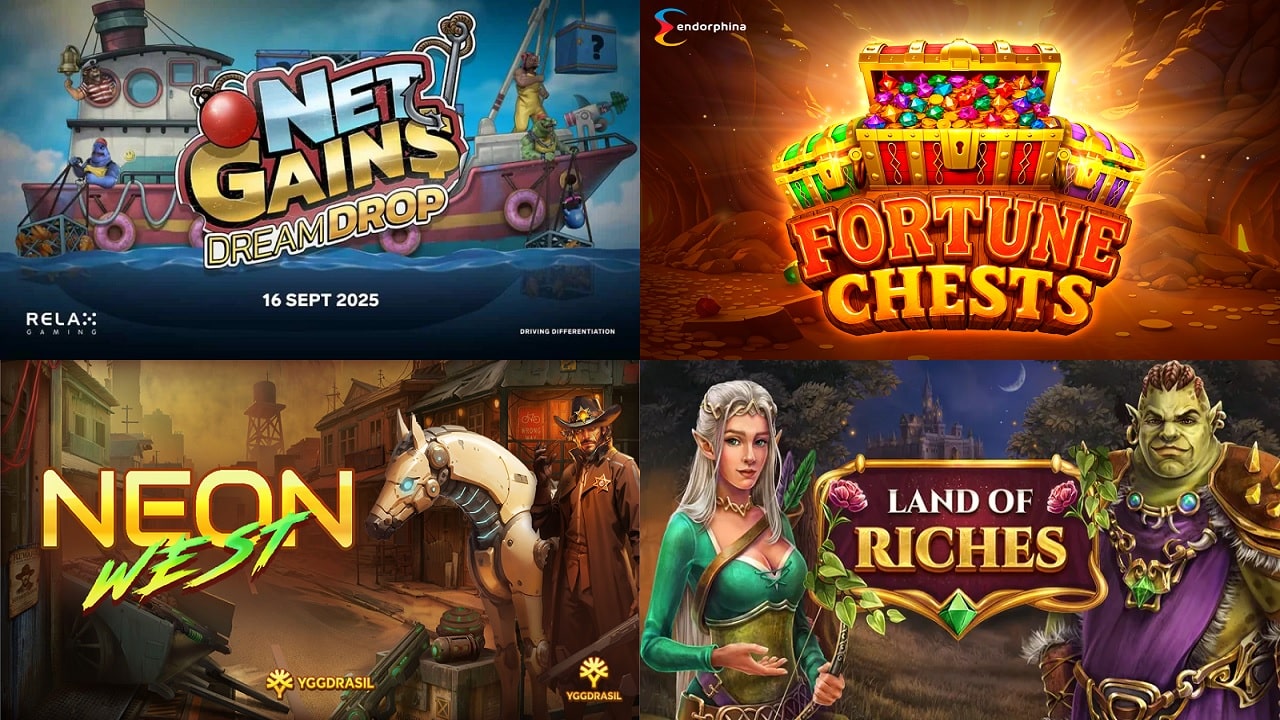
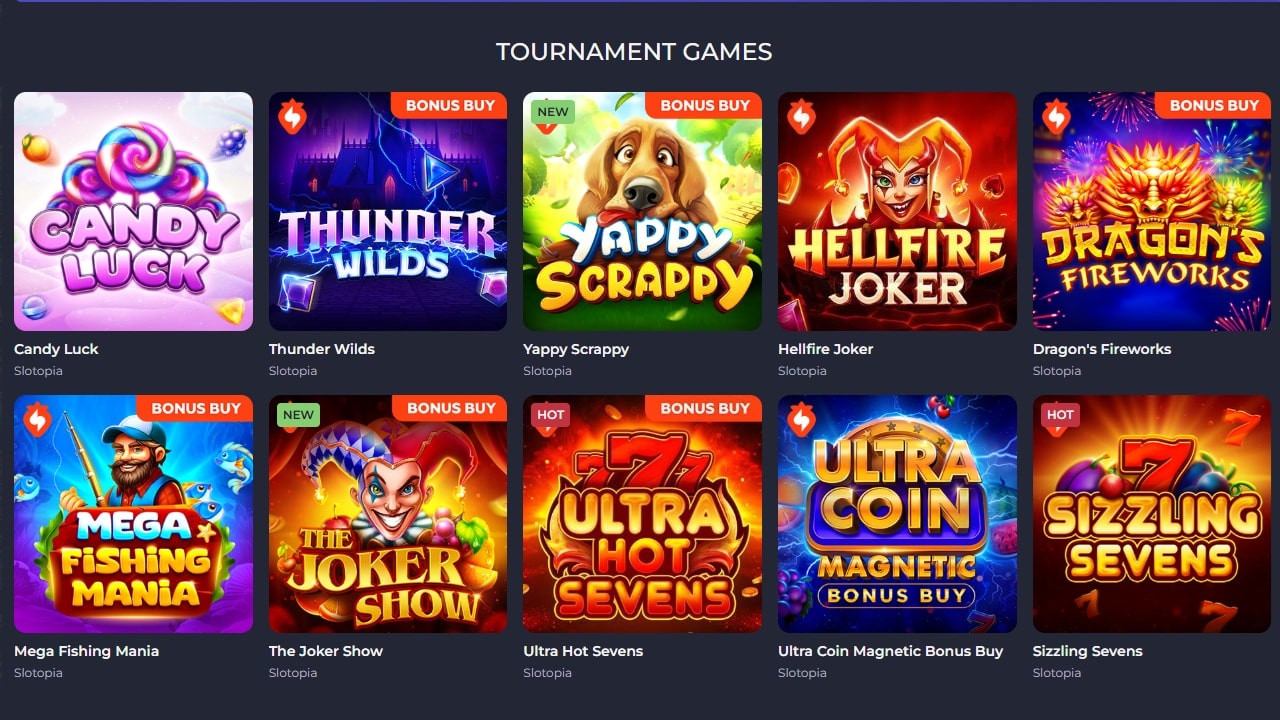
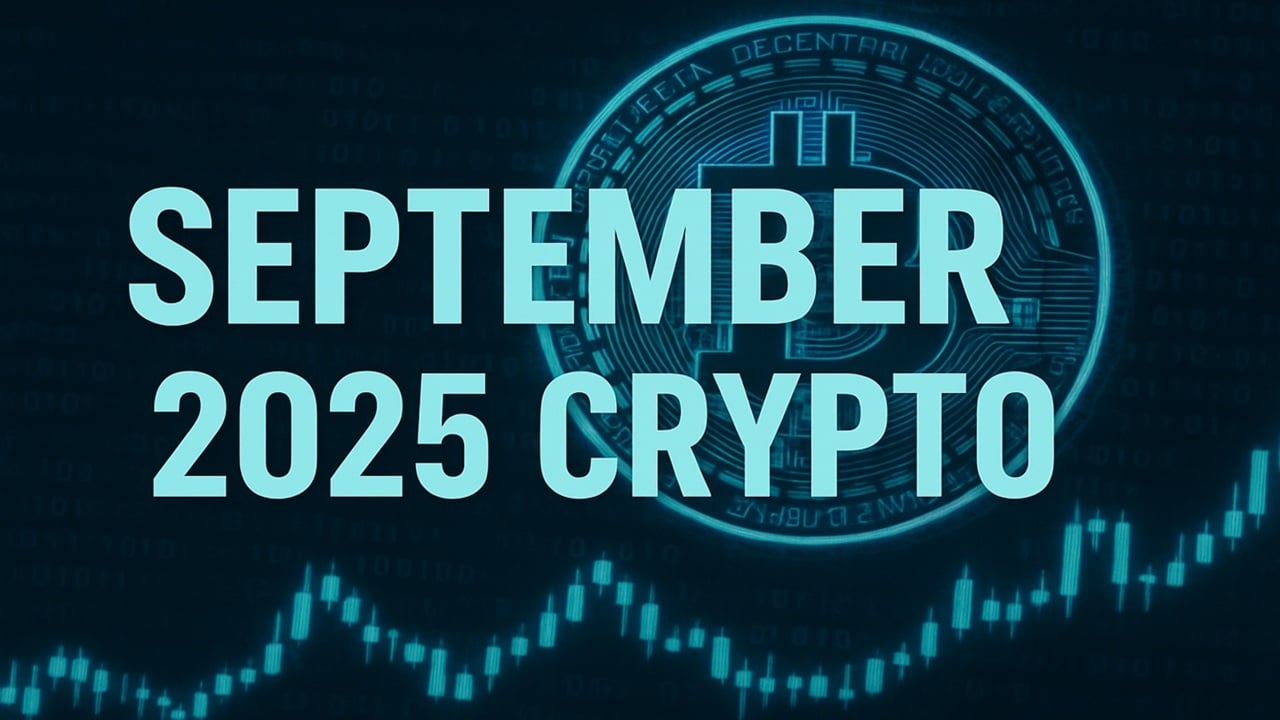
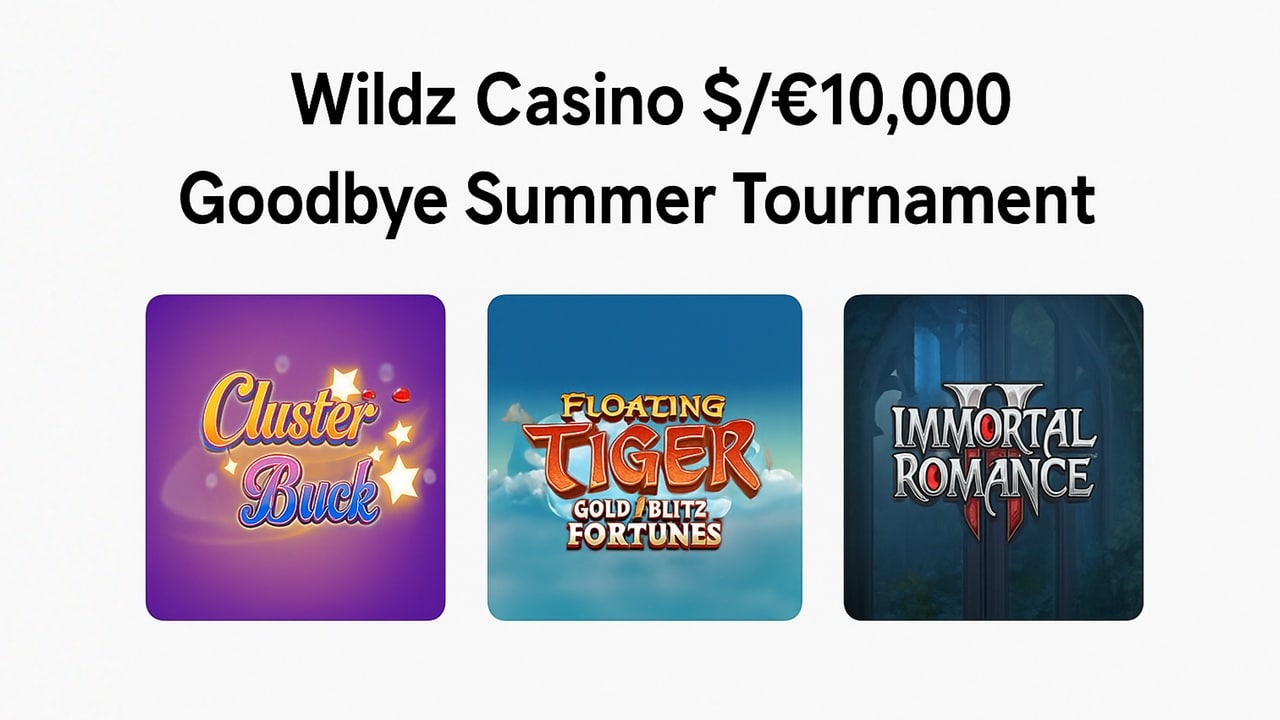
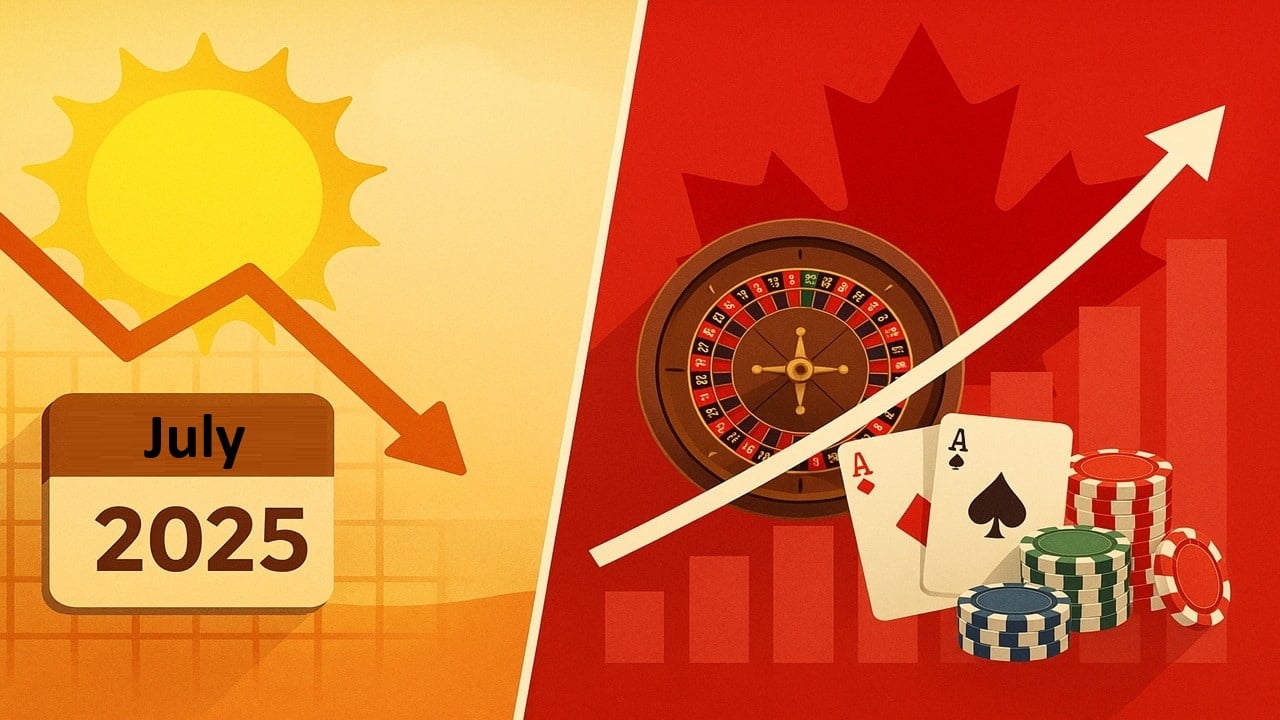
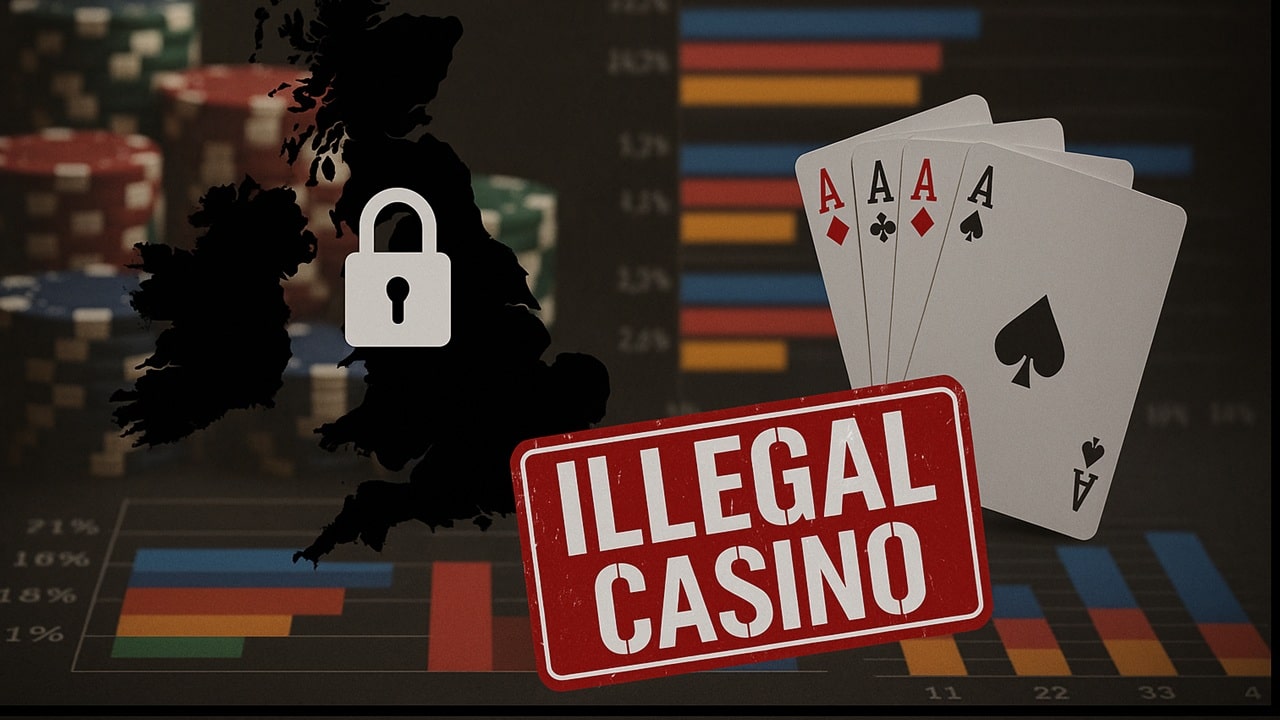
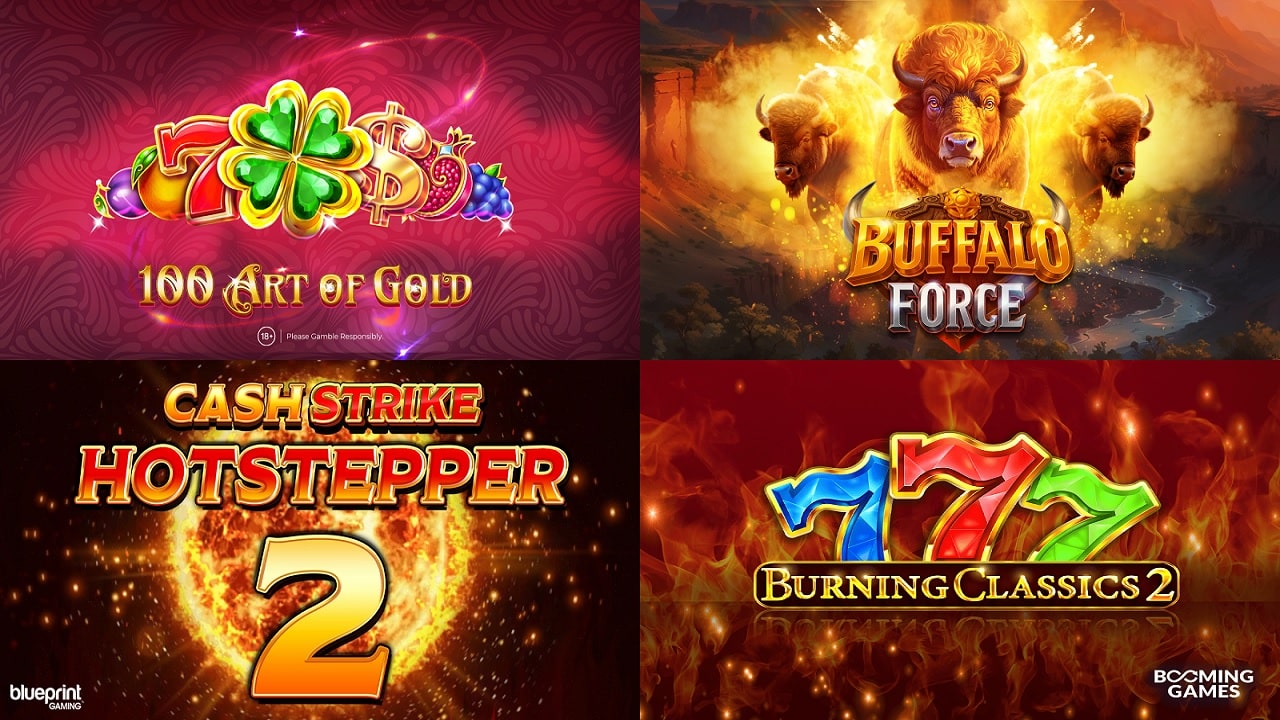
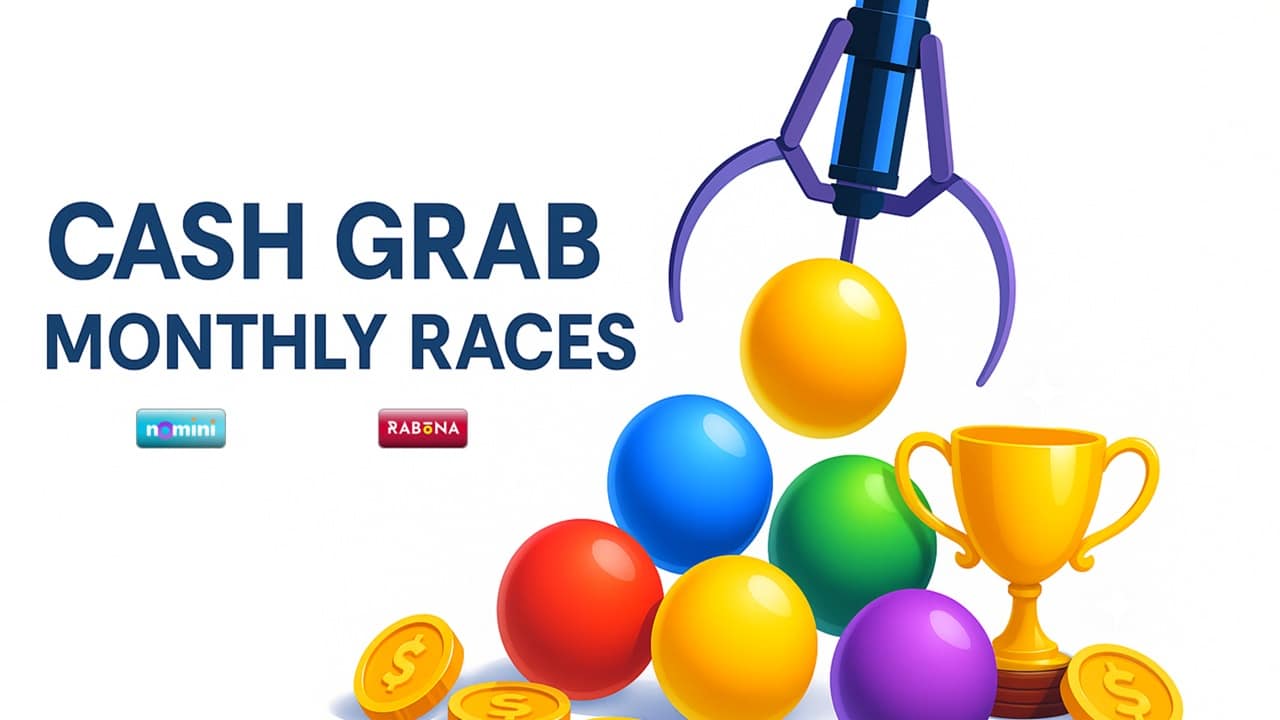
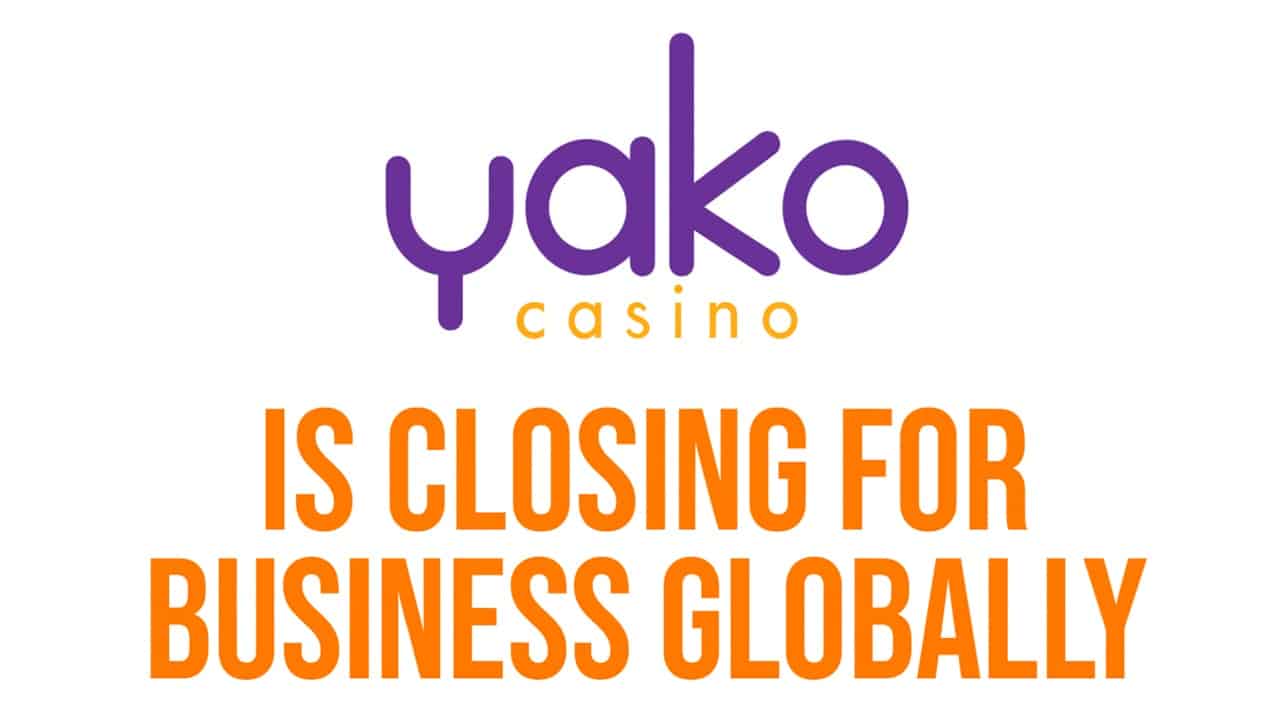
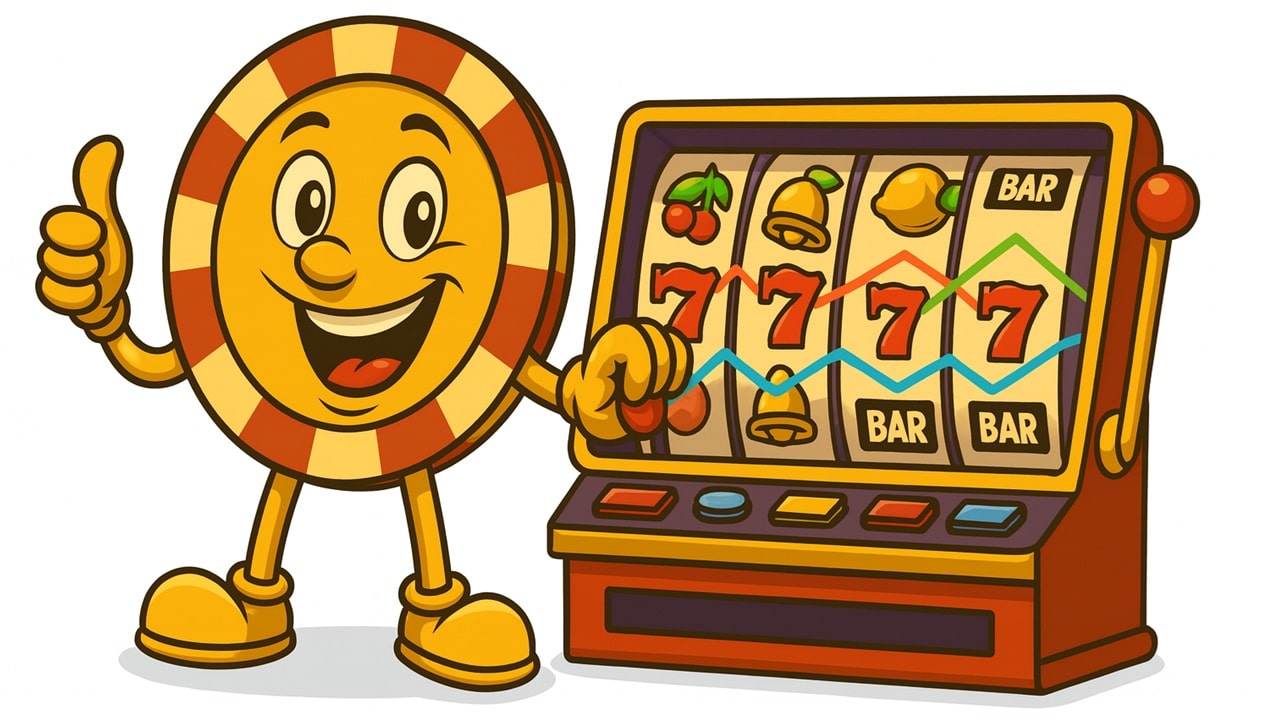
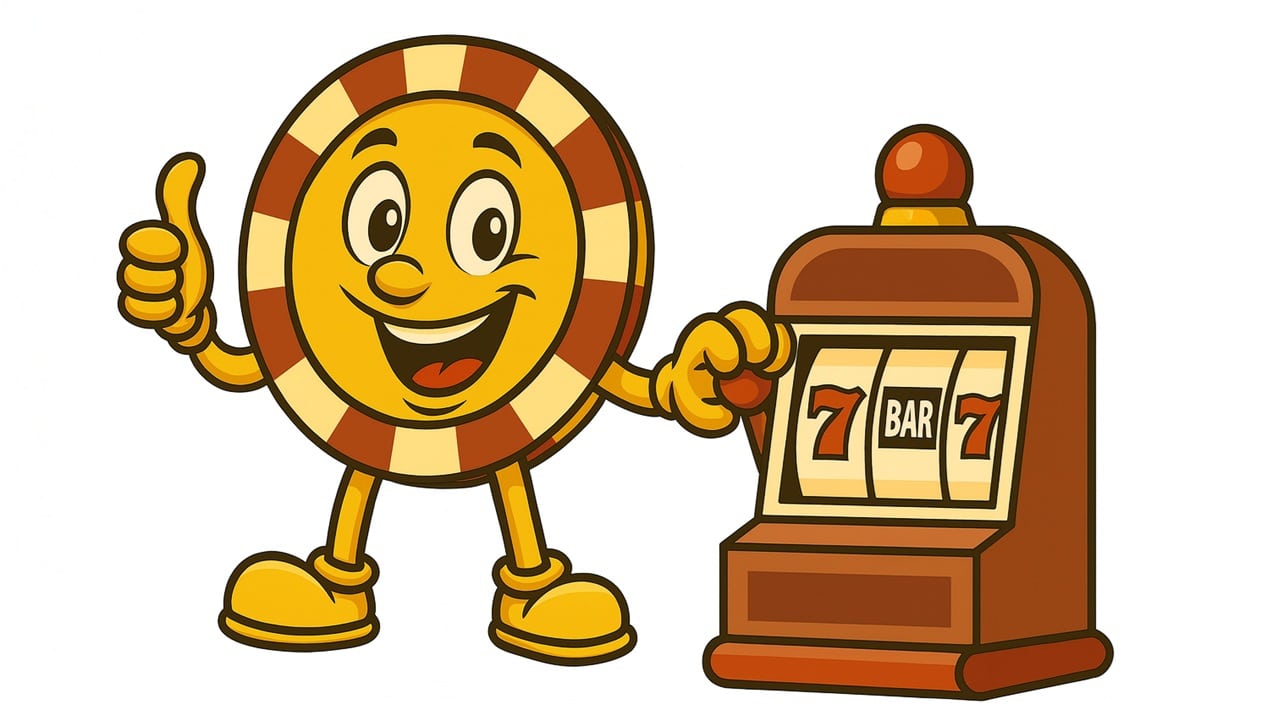
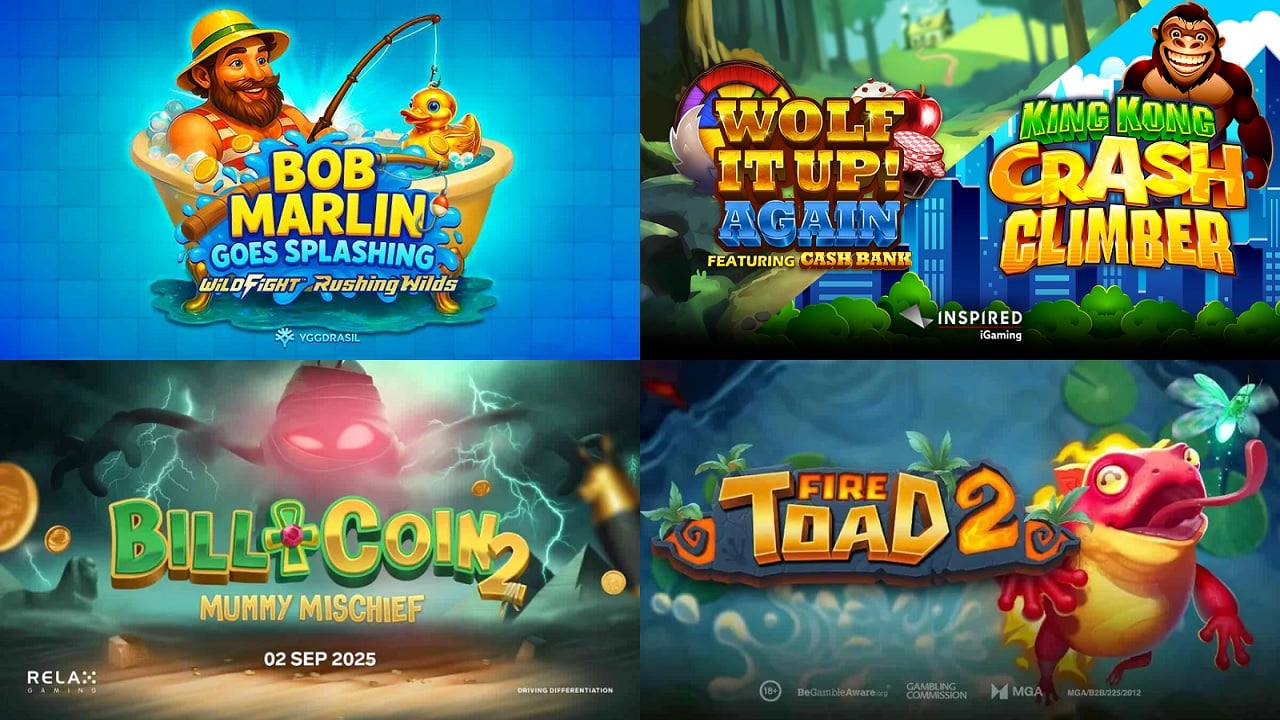

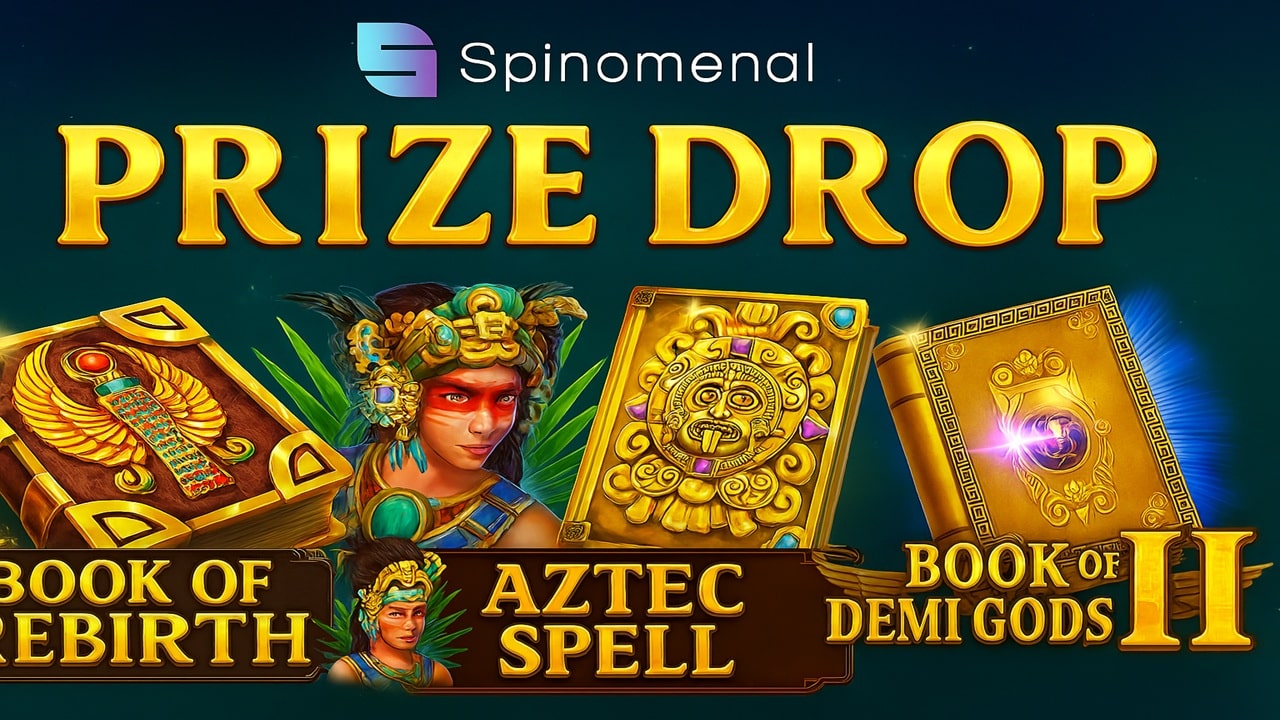
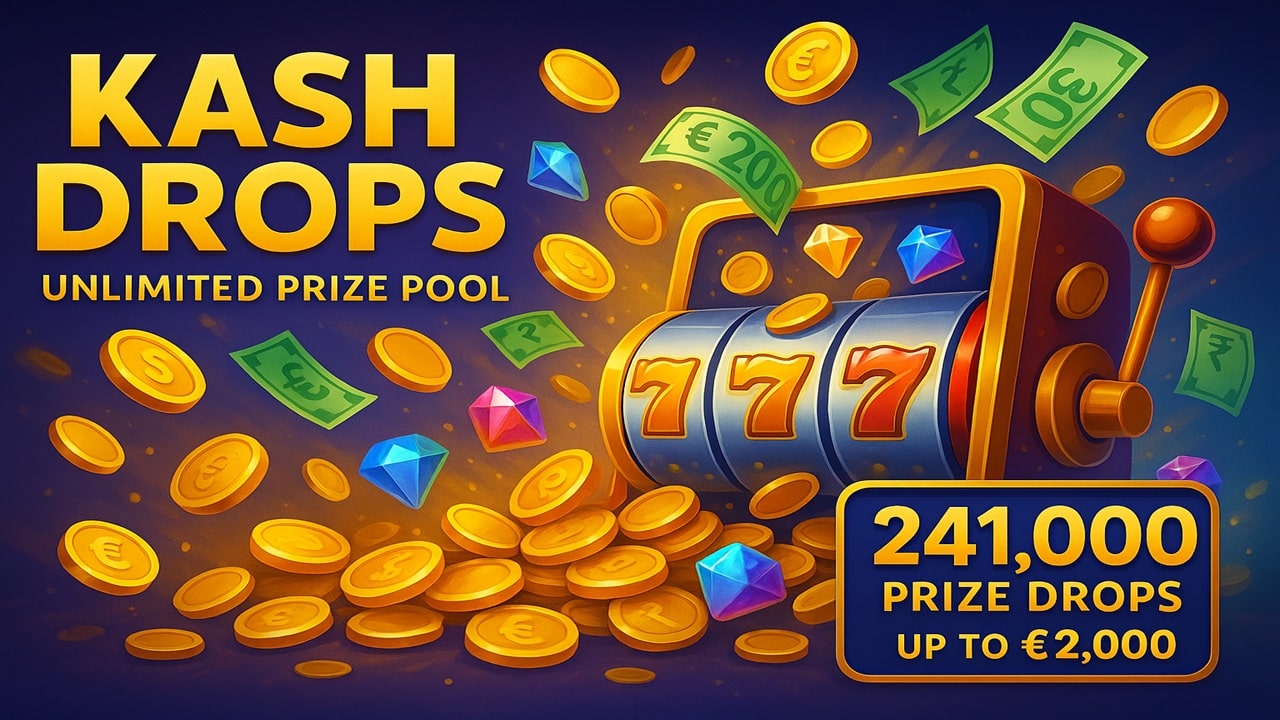
Leave A Comment